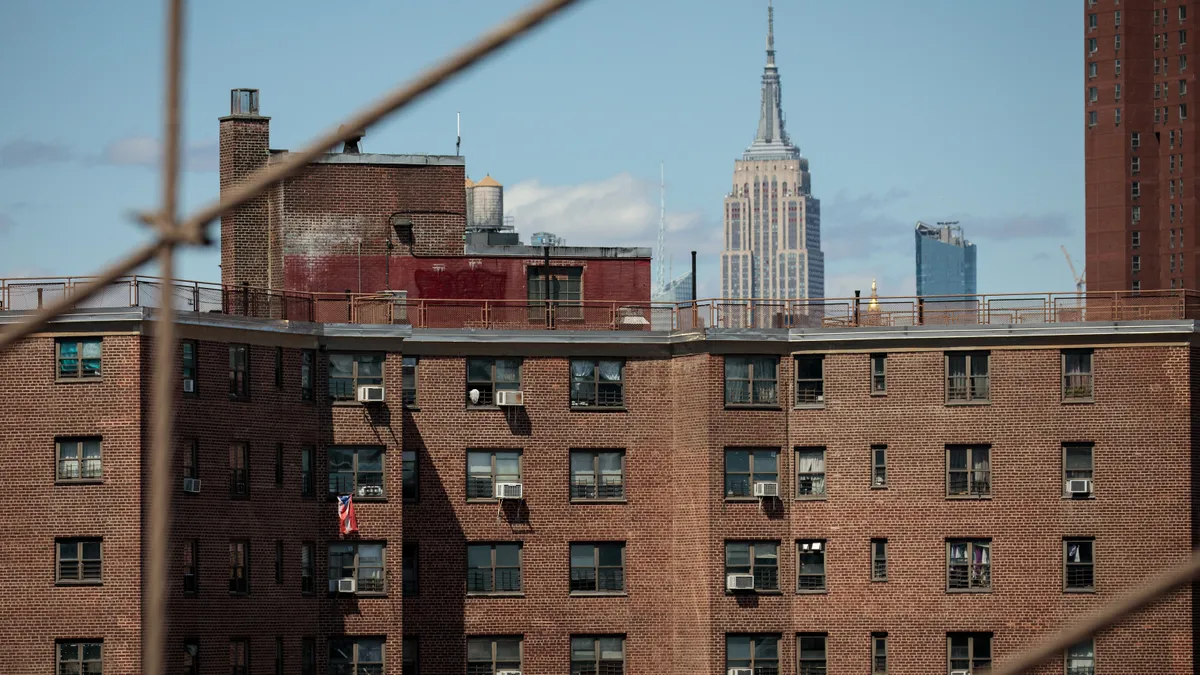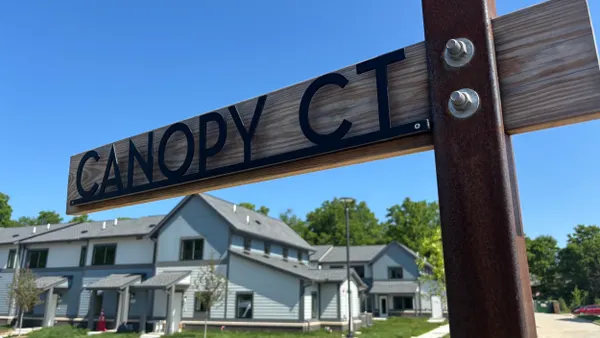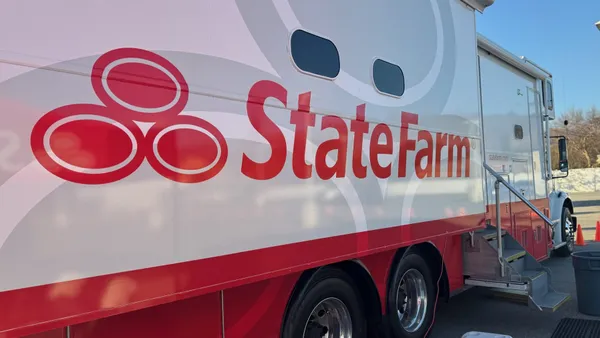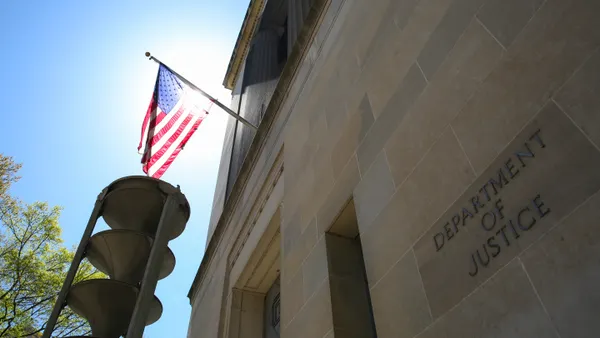Dive Brief:
- New York City announced a series of reforms on Monday intended to allow more people to access city-funded rental assistance with fewer administrative barriers. It also announced a new housing-first pilot program that provides unsheltered homeless individuals with affordable housing and various services.
- Modeled after Houston’s housing-first strategy, the New York pilot program, in partnership with Volunteers of America, will move 80 unsheltered New Yorkers directly into supportive housing. Those people will receive services related to financial literacy, food and health support, city officials announced during a press conference. Mayor Eric Adams said the program could expand after the city examines its success efficacy.
- “We’re going to celebrate every New Yorker that moves into housing,” Adams said during the press conference. “We said that we were going to change the paradigm, not only just talk about how many units we built, but we want to focus on how many people we actually move into a place that they can call their home.”
Dive Insight:
Through its Street to Housing pilot program, New York City joins the state of Utah, as well as the cities of Houston, Columbus, Ohio, and others, that have adopted housing-first strategies. This approach connects individuals experiencing homelessness to permanent housing without preconditions and barriers to entry. It also typically provides supportive services intended to prevent those individuals from returning to a state of homelessness.
Some housing-first programs have proven successful. In the case of Utah, over several years, over 90% of people placed in permanent housing remained housed, according to a 2021 report from the state’s office of the legislative auditor general. And since Houston’s program launched about a decade ago, homelessness has decreased by 54% in the Texas counties of Harris, Fort Bend and Montgomery. The program has housed more than 21,000 people with a 90% success rate in keeping them housed long-term, the program’s website states.
New York’s housing-first pilot is “radical, but it is practical, and we want to believe that we are a radically practical administration,” said Adams. “So this pilot program is something that we’re going to examine and see if we can expand it.”
Earlier this year, New York published a housing blueprint that, in part, committed to creating 15,000 supportive homes by 2028, accelerating a previous goal. It also called for a reduction in administrative barriers that slow the process of getting people who live in the city's shelter system into permanent, supportive housing.
The city on Monday also announced it would make a series of reforms to its city-funded housing voucher program to make vouchers more easily and widely accessible.
Among the changes, single adults working full-time and earning minimum wage or with income slightly higher than 200% of the federal poverty level will be eligible for vouchers. The city will also reduce the monthly contribution by voucher recipients who move into single-room occupancy units from 30% of their income to a maximum of $50 per month.
It will also reduce weekly work requirements from 30 hours to 14 hours per family, cover apartment application fees for those living in city homeless shelters, increase city staff to process vouchers and placements quicker, and pilot a program that provides landlords who rent to voucher recipients in high-cost neighborhoods with one month’s rent, among other changes.
Additionally, the city made several changes to the distribution of federal housing vouchers, intended to make it easier for recipients to move into higher-rent neighborhoods. They include higher rental assistance payments that reflect market conditions; financial assistance for public transit and moving costs; housing search support, including the payment of brokers’ fees; and pre-move financial counseling.
“We are rewriting the rules and looking for new and creative solutions to ensure that this is a city for everyone,” said New York’s Chief Housing Officer Jessica Katz during the press conference. “We are on the right path for building a city that is safe and affordable for all families.”











